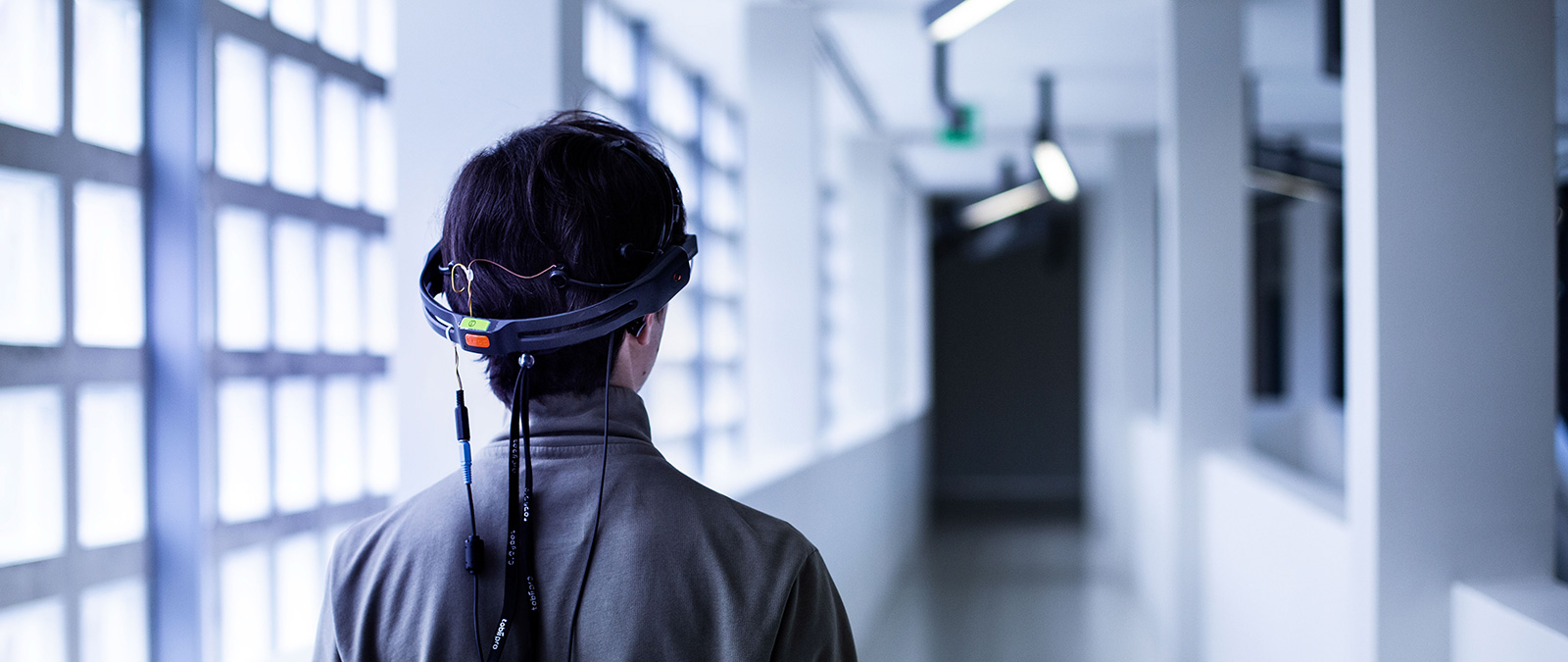
Twentieth and Twenty-First Century Periodicals: Between the Avant-Gardes and Postmodernism
Year
|
|
Periodicals can be an extraordinary source of literary and linguistic information with which to conduct debates on Modernism, Postmodernism, the Avant-Gardes and their refutation Department of Comparative Literature and Linguistics Coordinator: Paolo Giovannetti Research description The research aims at exploring how the avant-gardes, which are generally associated with the modernist stance, have often drifted into postmodern practices. Starting from the close connection between European and American historical avant-gardes and the periodical press, it will focus on the role played by 'militant' periodicals in promoting the ideas of the Italian neo-avant-garde in the 1950s and 1960s. This issue will be explored from an interdisciplinary perspective. The linguistic perspective will highlight the relationship between linguistics, considered as a scientific tool for research, and avant-garde periodicals. The literary perspective will deal with postmodern-oriented periodicals and their contribution to the transformations that led to a new literary culture in the 1970s and 1980s. The comparative approach, which is at the core of our department, will explore translations, the cultural role played by foreign literature in Italian periodicals, and vice versa. Aim of research The research aims at investigating historical and literary issues so far only partly acknowledged by focusing on case-studies and adopting an interdisciplinary perspective. It will also highlight how groups of intellectuals and writers gathering around opposed movements (modernism/postmodernism) gave rise to two new literary canons and models. The interdisciplinary approach will help overcome a 'positivist', historical and highbrow approach by shedding light on more covert, interrelated aspects. It will particularly concentrate on the following issues:
Methodology Since the scholars involved in the project belong to different fields, the methodology will be an interdisciplinary one. However, it will include three main research areas: I. historical and literary-oriented approach, focused on specific journals or group of journals and case-studies, although with the aim to highlight wider issues (see topics c. and f. in the previous list); II We tend to encourage case-studies, according to the research method currently favoured by the European Society for Periodical Research (ESPRit) Duration of research project This is a two-year research project to be completed by the end of 2017. The research will be published in volumes (monographic or periodical). |